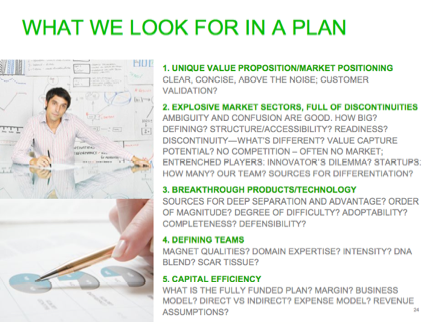FACEBOOK MARKETING
Facebook Marketing is the process of using Facebook to showcase a product, keep fans engaged, build a community people want to be a part of, and attract new customers all with the hope that readers will share it with their social networks
- It is driven by word of mouth so it results in earned media rather than paid media
- Resonates because it appears to come from a trusted third party source when it is reposted by a friend
- Fosters brand awareness
- Accessible for anyone with internet access
SMALL BUSINESS: REDWING HORSE SANCTUARY
Redwing Horse Sanctuary is one of the largest horse charities located in the United Kingdom. With 5569 fans currently since its launch in Spring 2010, the charity has seen great success from their Facebook page. Redwing's Facebook page has made immense improvement to their business by allowing direct engagement with supporters, attracting new generations, and gaining valuable insight of how to improve their business. To others who are trying to grow their business, Redwing's advice is to be prepared to put in the time. Also, make sure to keep your page updated and answer questions that are addressed. The Facebook page should also exemplify a similar "voice" representative of your brand.
http://www.facebook.com/RedwingsHorseSanctuary
BUILDING COMMUNITY
BENEFITS
In conclusion, as an entrepreneur owning a small business you would use Facebook marketing to gain exposure in the market place. This relates to our entrepreneurial marketing principals due to its low cost and effectiveness. This can provide one with instant consumer insight and if used right can reach new markets that would otherwise be missed by traditional marketing of a small business. Touching back on Redwing's advice, put in the needed time to create and maintain a successful Facebook page.
LINKS
Video:
o http://topwebsiteplacement.com/social-media-marketing/
Facebook Marketing mistakes that people make:
o http://mashable.com/2011/04/02/5-facebook-marketing-mistakes-small-businesses-make/
10 Small business social media marketing tips:
o http://mashable.com/2009/10/28/small-business-marketing/
QUESTIONS:
http://www.facebook.com/RedwingsHorseSanctuary
BUILDING COMMUNITY
·
Facebook pages for incoming freshmen classes
o These
allow new students to get to meet people before college begins so they can come
to school already knowing some people
o These
groups also enable people who meet through the group to stay in touch so they
can eventually meet in person
·
Groups for alumni
o Allows
alumni to stay in touch, keep in contact, and reconnect with their friends from
college
·
Some Universities have stopped distributing
email accounts
o Facebook
is becoming so popular that schools have begun to use it as a means of
communication with students
o It
can be used to share school news and inform students of upcoming events
·
Some universities use Facebook as a recruitment
tool to seek out and attract students who they want to attend their university
BENEFITS
·
It is very inexpensive
·
Helps to create awareness for a company and
their products/services
·
Efficient way to reach a large number of people
(over 500 millon facebook users)
·
Can market to a specific geographic area
·
Provides personal interaction with the customer
Statistics about Small Businesses that use Facebook
Marketing
88% has been able to generate additional exposure
72% have reported increased traffic and more subscribers
62% has seen improved Google search results
56% has created new business partnerships
51% gained qualified leads they never had before
49% reduced their marketing expenses because social network marketing is free
43% noticed an increase in sales
CONCLUSION88% has been able to generate additional exposure
72% have reported increased traffic and more subscribers
62% has seen improved Google search results
56% has created new business partnerships
51% gained qualified leads they never had before
49% reduced their marketing expenses because social network marketing is free
43% noticed an increase in sales
In conclusion, as an entrepreneur owning a small business you would use Facebook marketing to gain exposure in the market place. This relates to our entrepreneurial marketing principals due to its low cost and effectiveness. This can provide one with instant consumer insight and if used right can reach new markets that would otherwise be missed by traditional marketing of a small business. Touching back on Redwing's advice, put in the needed time to create and maintain a successful Facebook page.
LINKS
Video:
o http://topwebsiteplacement.com/social-media-marketing/
Facebook Marketing mistakes that people make:
o http://mashable.com/2011/04/02/5-facebook-marketing-mistakes-small-businesses-make/
10 Small business social media marketing tips:
o http://mashable.com/2009/10/28/small-business-marketing/
QUESTIONS:
- Have any of you used Facebook to promote either your organization, event, or school?
- How else can Facebook be used?
- How might Facebook Marketing relate to our team projects?

